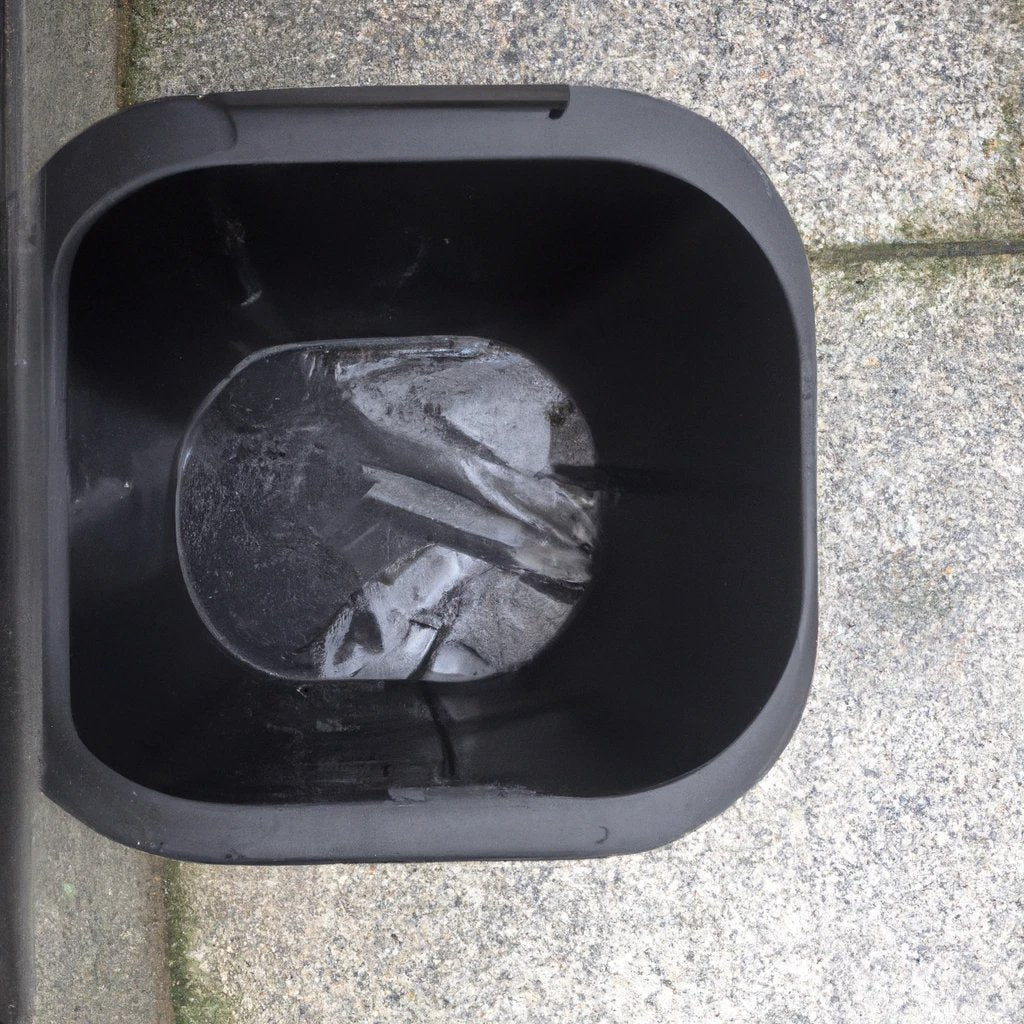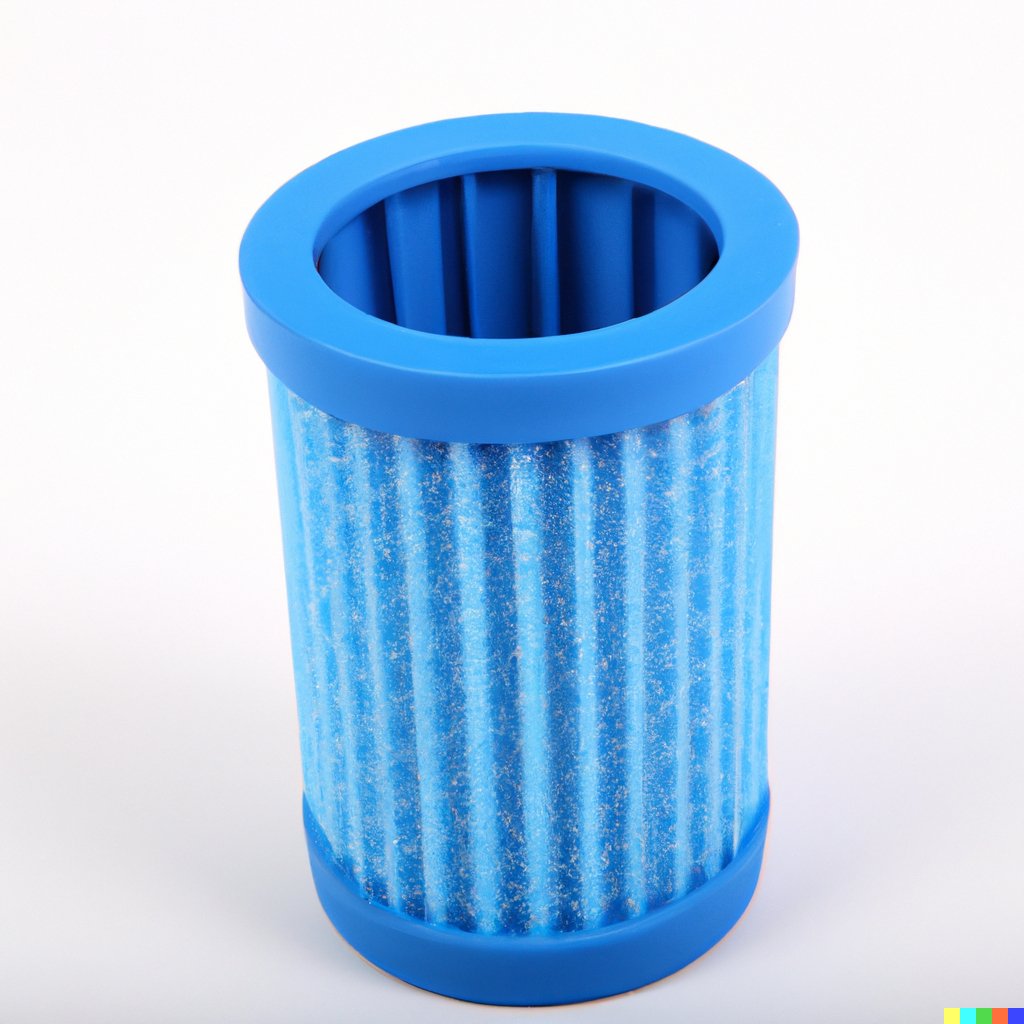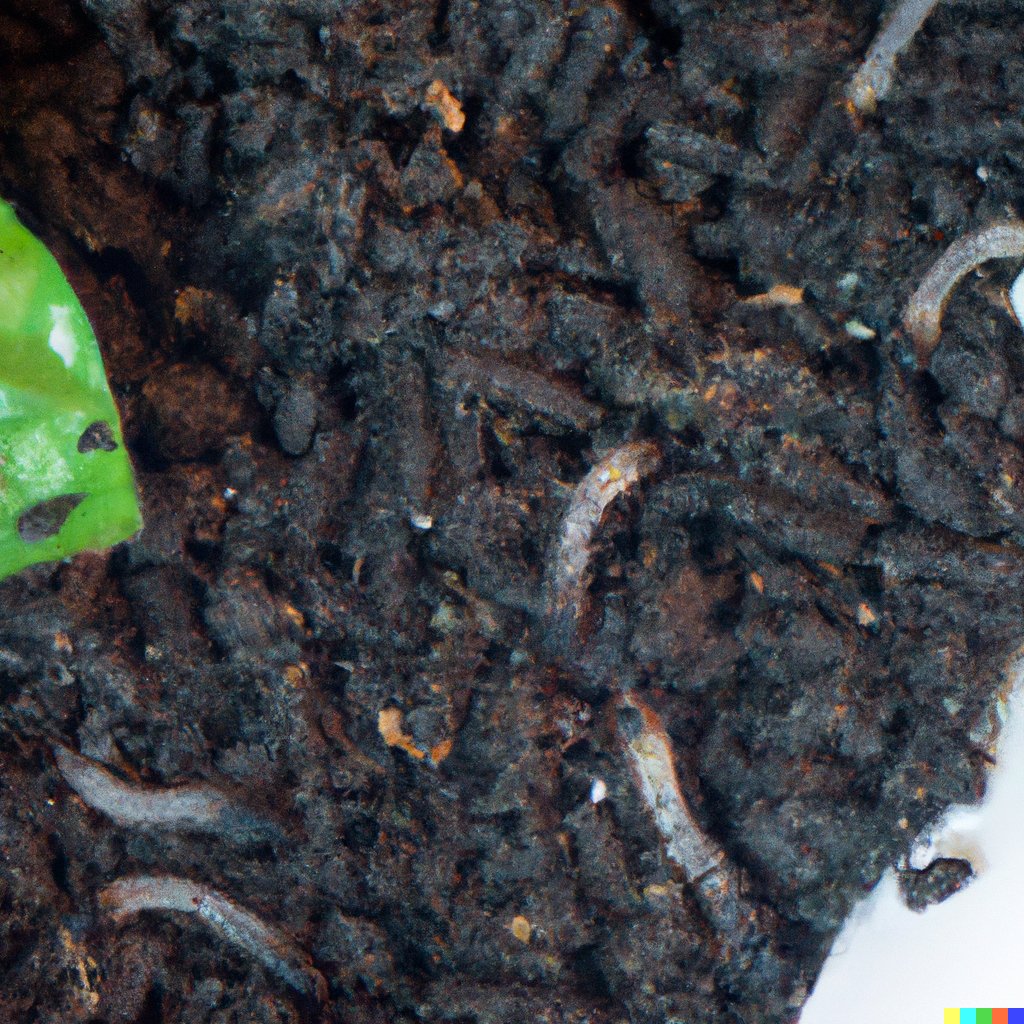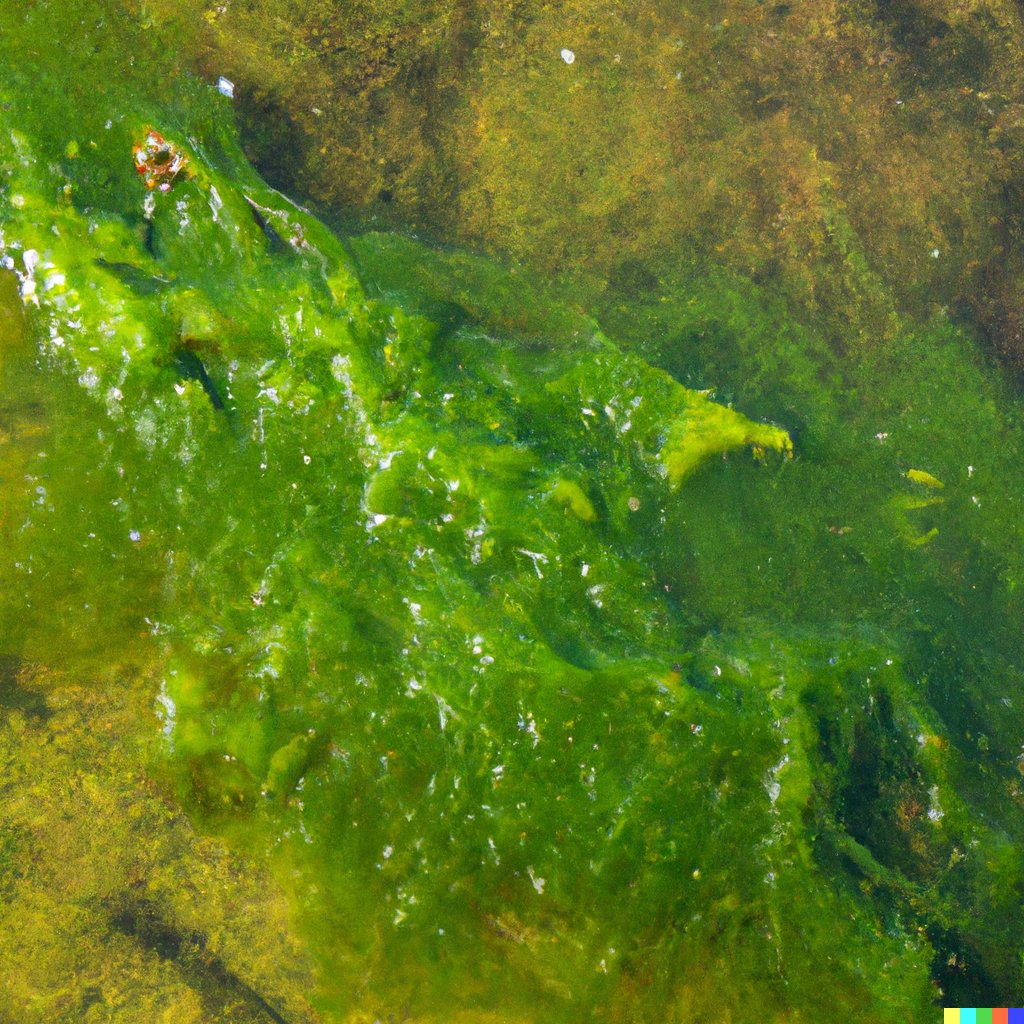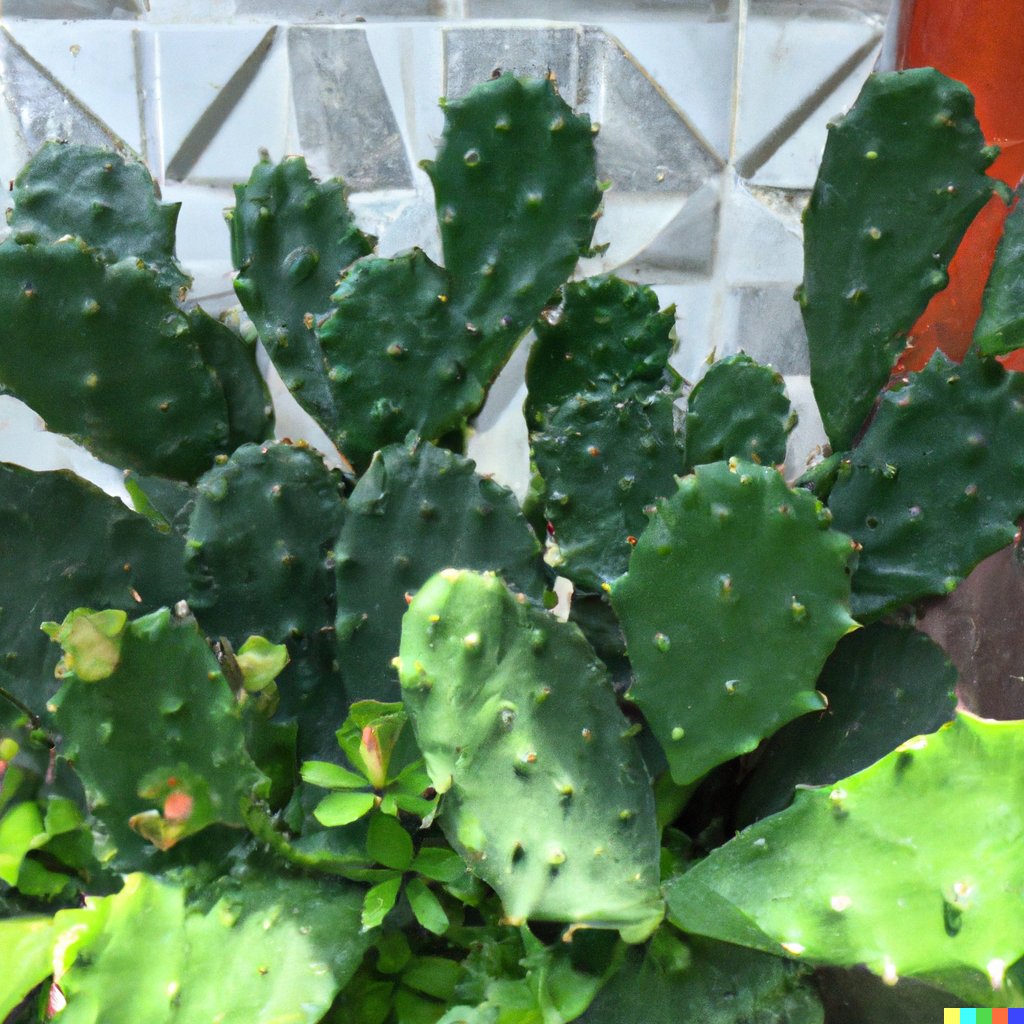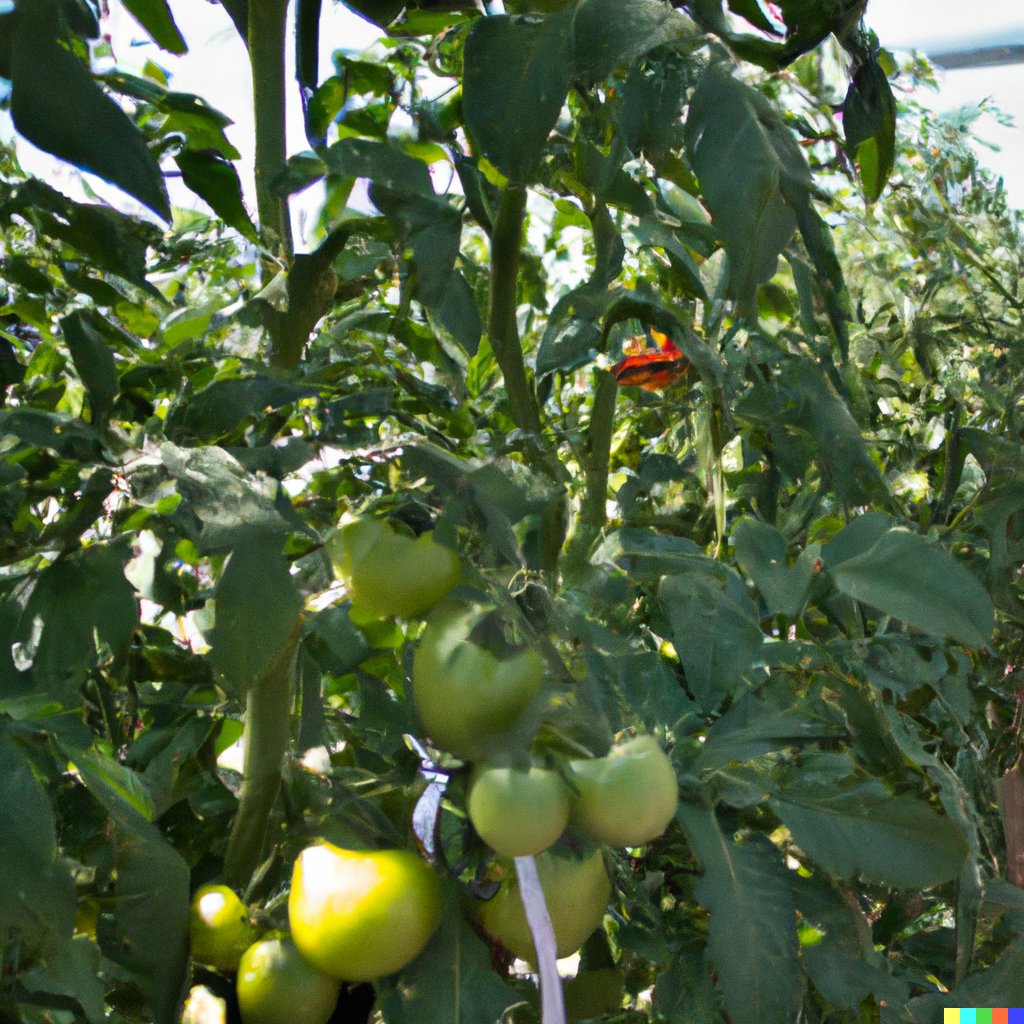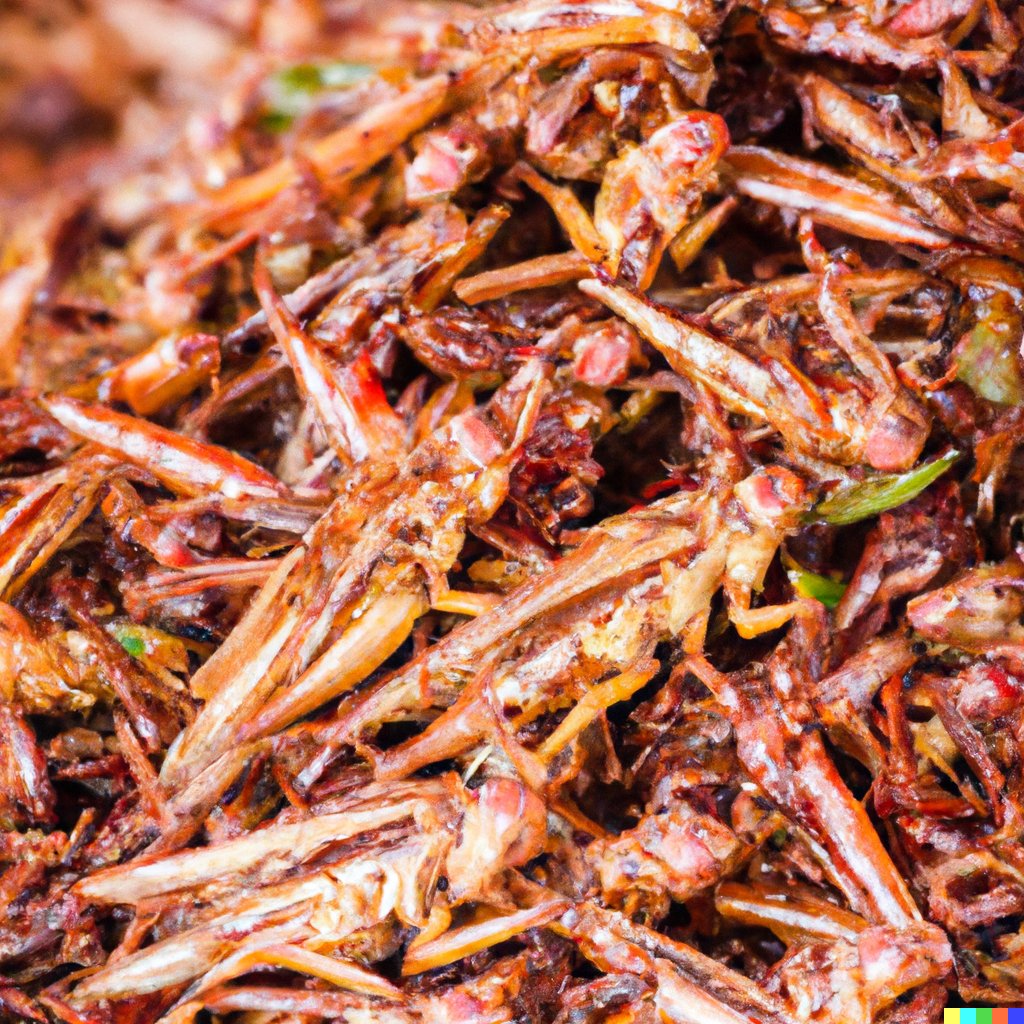
Are you looking for innovative ways to improve the health of your furry friend? Look no further than insect protein. While it may seem unconventional, incorporating insect-based diets for pets has numerous benefits and could be the solution to common pet health concerns. Let's dive into the world of insect protein and its potential impact on pet nutrition.
Understanding Insect Protein in Pet Food
Insect Protein in Pet Food has become a hot topic! Black soldier fly larvae and mealworms are an interesting alternative source of protein with unique benefits for pet health.
Insect-based diets provide essential nutrients, vitamins, and minerals to pets. Incorporating insect protein into pet food can give furry companions a nutritious and sustainable diet.
The utilization of insects as a protein source dates back centuries. Ancient civilizations like the Mayans and Aztecs used to consume insects in their diets. This shows the long-standing recognition of insects' nutritional value and their benefits for both humans and animals.
Who needs beef when you can give your pet bug-urgers? Exploring the quality of insect protein for your furry friends.
Quality of Insect Protein for Pets
Insect Protein: A High-Quality Choice for Pet Health?
Insect protein is gaining attention for pets. To see if it's a good choice, we must look at essential amino acids and nutrient richness. Insect protein has excellent essential amino acids and high nutrient richness. Chicken and beef have good essential amino acid levels but moderate nutrient richness.
Insect-based diets can help the environment by reducing resources. This could mean healthier pet food with fewer environmental effects.
Tip: Ask your vet if insect protein is a good choice for your pet. It may sound weird, but it could give your pet the nutrition they need!
Key Benefits of Insect-Based Diets for Pets
Insect-Based Diets - The Optimal Choice for Pet Health!
Insect-based diets are the ideal choice for pet owners looking to promote optimal health and well-being. Here's why:
- Rich in Essential Nutrients: Insects provide all essential nutrients for a complete and balanced diet.
- High Digestibility: Easier for pets' bodies to absorb and utilize the proteins from insects.
- Allergy Suitability: Relief from intolerances, with an alternative protein source.
- Environmentally Sustainable: Smaller carbon footprint than traditional meat sources.
Insect-based diets meet the specific needs of pets with special dietary requirements. Owners can ensure their furry companions benefit from the numerous health advantages of insects. Don't miss out - explore insect-based diets today!
Weight Management through Insect Protein
Weight control with insect protein can help regulate body weight due to its low fat content. Replacing regular protein sources with insect-based diets can achieve healthy pet weight and prevent obesity.
Insects provide high-quality protein and are low in fat, perfect for a balanced diet. This dietary shift promotes satiety and reduces calorie intake, aiding in maintaining a healthy weight.
To encourage weight management, pet owners should:
- Gradually introduce an insect-based diet as a substitute for regular protein sources to control calorie intake and reduce fat consumption.
- Monitor portion sizes according to the pet's size and activity level to prevent overeating.
- Engage pets in regular physical activity to burn calories and maintain muscle mass.
Insect protein can manage weight effectively while providing optimal nutrition for pets. Plus, it's a guaranteed 'buzz' for their taste buds!
Suitability for Pets with Food Sensitivities
Compare traditional pet food and insect-based diets: they have benefits in new protein sources, allergies, and sensitivity. Traditional pet food has limited options for allergies, and usually causes food intolerance. Insect-based diets have low risk of triggering allergies and can potentially reduce sensitivities.
Insects offer special nutrition to make sure pets get what they need. Cricket-based pet foods are high in protein, fats, and amino acids, and low in carbs.
One pet parent changed to an insect-based diet when their pup had allergies to regular protein sources. After the switch, the dog had fewer allergic reactions and better health. Get your eco-friendly groove on by feeding your pals bugs - they'll thank you with tail wags and chirps!
Environmental Impact of Insect-Based Pet Foods
The Environmental Impact of Insect-Based Pet Foods
Insect-based pet foods have a positive effect on the environment. Sustainable farming, reduced resource use, and eco-friendly production methods are just some of the benefits.
| Environmental Aspect | Impact |
|---|---|
| Sustainable farming | Pesticide usage reduced |
| Reduced resource use | Carbon footprint lowered |
| Eco-friendly practices | Deforestation reduced |
| Land and water conservation | Natural habitats preserved |
Insect-based pet foods promote reduced soil erosion and biodiversity. They produce less waste and use less water than traditional livestock farming. This makes them an eco-friendly choice for pet owners wanting to reduce their ecological footprint.
Insects as a protein source for pets has been around for a long time. Certain cultures have used insects due to their abundance and nutritional value. Now, the idea is gaining global attention as a sustainable solution. But before exploring insect proteins for your pet, remember: Kafka didn't write 'The Cockroach' for no reason!
Safety and Regulatory Standards of Insect Protein
The Pet Food Safety and Compliance Information Analysis Management System offers strict regulations to guarantee the quality and safety of insect protein for pets. Such standards are made to reduce health risks and ensure adherence to safety rules.
For more information, view the table below. It has data on nutrient analysis, pesticide residue limits, microbiological parameters, allergen declaration, and more.
[Insert Table Here]
It's vital for pet food manufacturers to abide by these standards to protect the safety and well-being of pets consuming insect-based diets. Or else, there may be health risks or non-compliance penalties.
The Journal of Animal Science studied pet foods using insect protein and found no negative effects on palatability or digestion compared to traditional meat-based sources.
(Source: Journal of Animal Science)
Insects make pets feel like they just hit up Taco Bell? Who knew?!
Supporting Pet Gut Health with Insects
Insects can be a great addition to pet diets! They can help support the gut health of our furry friends, promoting their overall well-being.
Black Soldier Fly Larvae in particular are high in protein and provide essential amino acids. This contributes to gastrointestinal support, which is necessary for optimal pet health.
Research has proven that insect protein in pet diets improves digestion and reduces the risk of GI disorders.
So, go on - give your pets something to get behind...literally! Eating bugs has never been so trendy.
Palatability and Acceptance of Insect Diets
Palatability and acceptance of insect-based diets are key. Knowing the taste preferences and feeding habits of pets is crucial for successful transitioning. A table has been created with data indicating acceptance levels among different species. This can help pet owners make informed decisions about adding insect protein. Note that individual preferences may differ. Gradual introduction is recommended for optimal acceptance.
Pro Tip: Mixing insect-based diets with familiar foods gradually can improve acceptance. Consult vets on insect diets - bugs deserve a clean bill of health!
Consulting Veterinarians on Insect Diets
Veterinarian Vibes on Insect-Based Diets: Veterinarian advice is essential when evaluating insect diets for pets. This ensures health and individual dietary requirements are taken into account.
| Criteria | Pro Input |
|---|---|
| Nutritional content | Balanced |
| Digestibility | High |
| Allergenic potential | Low |
| Health benefits | Varied |
| Possible risks | Little |
Insect-based diets offer unique benefits. Such as high protein content and low environmental impact. It's essential to consult a vet when assessing the diet suitability of insects for pets.
The Journal of Nutritional Science conducted a study which revealed that incorporating insect protein in pet diets can lead to improved overall health and vitality.
Insect protein: to give your pet a diet that bugs others, not their taste buds!
Nutritional Richness of Insect Protein
Insect Protein's Nutritional Bounty
Discover insect protein's exceptional nutritional value! Its enriching contents include omega-3 and omega-6 fatty acids, vitamins and minerals. Check out this table:
The Nutritional Richness of Insect Protein
| Omega-3 fatty acids | Omega-6 fatty acids | Vitamins | Minerals | |
|---|---|---|---|---|
| Crickets | 28 mg | 38 mg | Vitamin B12 | Iron, Zinc |
| Mealworms | 42 mg | 32 mg | Vitamin E | Magnesium |
| Black soldier fly larvae | 37 mg | 29 mg | Vitamin B1 | Calcium |
Wow - insect protein has amazing health-promoting benefits! Plus, it contains unique compounds like chitin and bioactive peptides. Get on board and reap the rewards for your furry friends' wellbeing. Insect protein can provide essential nutrients, at an affordable price. What are you waiting for?
Impact on Pet's Skin and Coat Health
Discover the Impact of Insect Protein Diets on Pet Skin and Coat Health!
Insect protein diets offer numerous nutritional benefits, promoting healthier skin and a shinier coat.
Essential amino acids, vitamins, and minerals help improve skin moisture, reduce itching, and enhance skin health.
Omega-3 fatty acids nourish the skin, resulting in a softer and more vibrant coat.
Insect-based diets are also lower in allergenic ingredients such as grains or artificial additives, meaning fewer potential triggers for adverse reactions in some pets.
Don't miss out on this innovative approach to pet nutrition. It can make a remarkable difference in your pet's skin health and coat quality.
Give your furry friend the nutritional benefits they deserve - let them enjoy an insect protein feast!
Digestibility of Insect Protein
Insect protein is amazingly digestible by animals, making it the perfect nutrition for pets with sensitive tummies. This high digestion efficiency permits successful nutrient intake and helps with dietary compatibility. Moreover, insect protein has essential amino acids that cannot be made by the body, and must be taken in through diet.
An example of the power of this protein is Lisa, a vet, who found that her cat's digestion improved and gastrointestinal issues reduced when she fed it an insect-based diet. The insect protein enabled better nutrient absorption, resulting in better health and energy.
Insect protein: the creepy-crawlies providing healthier and greener pets!
Insect Protein as a Sustainable Option
Insect-based diets offer a low ecological footprint and high protein content. This could make them a green alternative for sustainable pet care. They also provide essential nutrients to pets.
Benefits of insect-based diets include:
- Complete and balanced nutrition
- Improved digestive health and function
- Reduced risk of allergies and food sensitivities
Consider incorporating insect protein into your pet's diet for a sustainable approach to their nutrition. Who knows? Maybe your pet will enjoy a bug-based culinary experience!
Reducing Contaminants in Pet Diets
Pets' Diets: In Search of Safer and Healthier Options!
We're working to reduce contaminants in pet diets. This has the potential to vastly improve safety and health. Seeking out alternatives, like insect-based diets, can lead to lower food chain options that lessen the risk of contaminants in traditional pet foods.
Take a look at this table which demonstrates the benefits of reducing contaminants through insect protein:
| Contaminant Type | Traditional Pet Diets | Insect-Based Diets |
|---|---|---|
| Heavy Metals | High | Low |
| Pesticides | Moderate | Negligible |
| Antibiotics | Common | Rarely present |
Opting for insect-based diets lets owners be sure their pets have access to safer food sources with reduced levels of heavy metals, pesticides, and antibiotics. These dietary choices decrease the chance of health risks from contaminants found in regular pet foods.
We should think more carefully about pet nutrition. Insect-based diets provide lower food chain alternatives that can help reduce the presence of harmful contaminants and make sure pets stay healthy and happy. Don't miss out on these safer and healthier choices for your pet's diet!
1. Can insect protein improve my pet's health?
Yes, incorporating insect protein into your pet's diet can have numerous health benefits. Studies have shown that insects are a highly nutritious source of protein and contain essential amino acids that can help improve overall health and well-being in pets.
2. Will my pet enjoy eating insect-based diets?
Many pets actually enjoy the taste of insect-based diets. Insects offer a variety of flavors and textures that can be appealing to pets. Plus, insect-based diets are often made with other ingredients that are familiar to pets, making the transition to this type of diet easier.
3. Are there any potential allergens in insect-based diets?
Insect-based diets are generally considered to be hypoallergenic, meaning they are less likely to cause allergic reactions in pets. This is because insects are not commonly found in traditional pet foods, so pets are less likely to have developed allergies to them.
4. How can insect protein benefit my pet's digestive health?
Insects are a great source of fiber, which is important for maintaining a healthy digestive system in pets. The fiber in insects can help regulate bowel movements and promote the growth of beneficial bacteria in the gut, leading to better digestive health.
5. Can insect-based diets benefit my senior pet?
Yes, insect protein can be particularly beneficial for senior pets. As pets age, their bodies may have a harder time digesting and absorbing traditional protein sources. Insects, however, are easier to digest and can provide the necessary nutrients for maintaining muscle mass and overall health in senior pets.
6. Are insect-based diets environmentally friendly?
Yes, insect-based diets are considered to be more environmentally friendly than traditional meat-based diets. Insects require less land, water, and resources to produce, making them a sustainable alternative to traditional protein sources. Plus, by using insects as a protein source, we can reduce the environmental impact of meat production for pet food.







